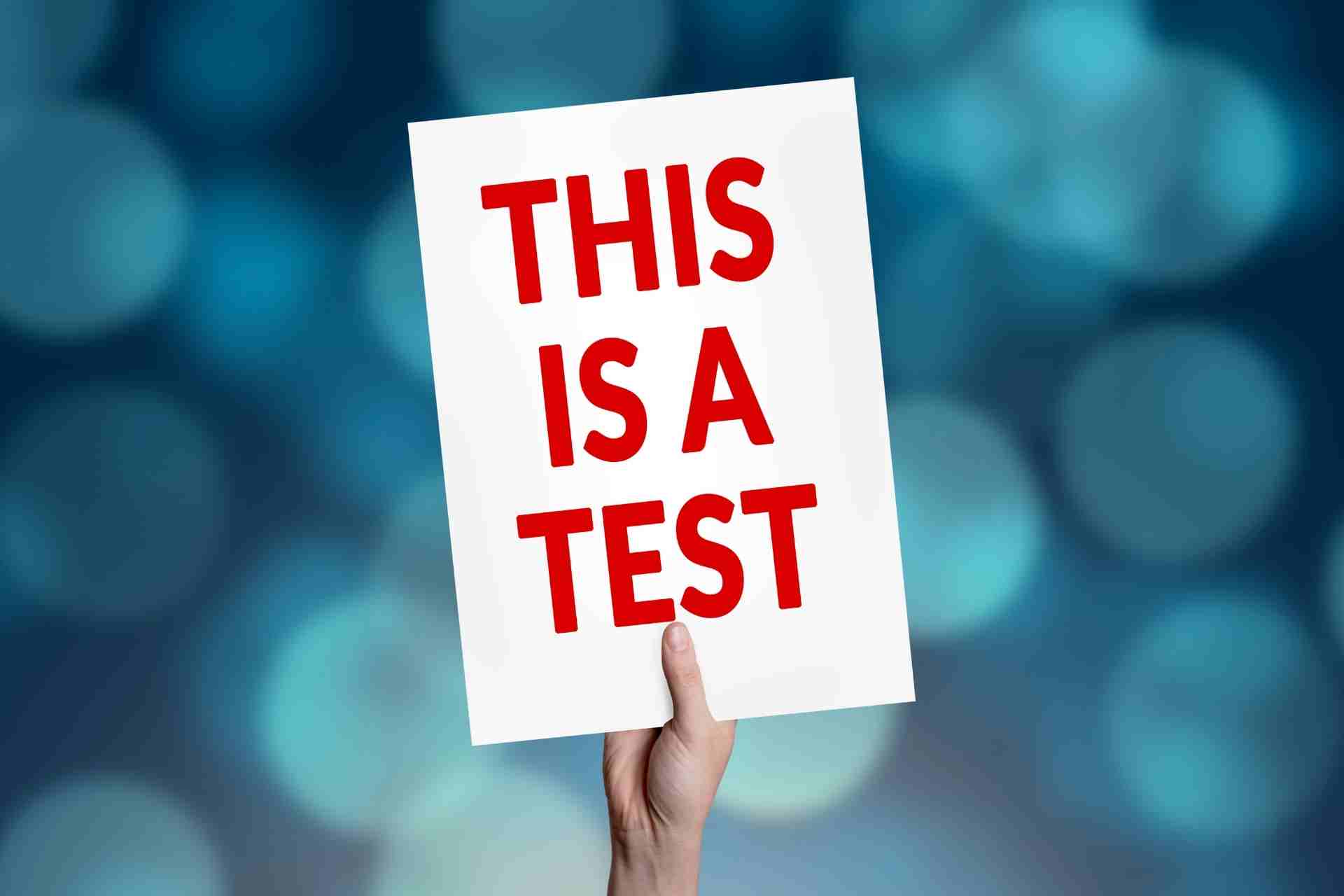Cannabis and Athletes

The UFC Updates it's Stance on Cannabis
The UFC and the US Anti-Doping Agency updated their marijuana policy, no longer punishing athletes for marijuana use. The world’s largest mixed martial arts sports organization confirmed the policy change that it would no longer punish athletes for positive tests for carboxy-THC, the primary psychoactive component of cannabis, unless they believed that a fighter used them intentionally to enhance performance. All other naturally derived cannabinoids have been removed from the list of prohibited substances.
This ruling does not allow athletes to compete under the influence of cannabinoids, but it is an acknowledgement of the medicinal benefits of cannabis and that athletes often use cannabis for pain management and relaxation between fights and during training.
Athletes have long argued the medicinal benefits of cannabis, often citing that it could lead to a reduction of the more addictive pain medications commonly prescribed. UFC senior vice president of athlete health and performance Jeff Novitzky explained the reasoning by stating that “Many use it for pain control , anti-anxiety, to sleep, in lieu of more dangerous, more addictive drugs”. Novitsky went on to explain that for the USADA to impose sanctions for marijuana use they would have to prove that the fighter was actively inhibited prior to the fight and that the burden of proof would be extremely high “I can’t think of one instance in any historical case where the evidence has been there”.
Hopefully as we begin to understand the medicinal benefits of cannabis and uncover the harms of more-addictive prescription pain killers that sporting bodies can adapt to this new information and change regulations as needed to protect the humans competing.
Athletes being unfairly punished for cannabis use is not uncommon. Stories like that of Canadian Olympian snowboarder Ross Rebagliati who won gold in the men’s giant slalom in the Nagano, Japan winter games and subsequently tested positive for marijuana with 17.8 nanograms of metabolite per mililiter. The International Olympic Committee (IOC) then tried to retroactively strip Ross of his gold medal despite the fact that the IOC did not have an agreement in place with the International Ski Federation regarding marijuana use specifying it as a forbidden substance. Medical experts agreed that due to the extremely low metabolite concentrations it is possible that this positive test could have been due to second-hand smoke from a month prior to the test. Thankfully, the Olympic Court for Arbitration of Sport (CAS) ruled to reinstate Rob’s gold medal. Moral, ethical, and social issues aside I find it baffling that anyone could believe that this would give Rob an unfair advantage.
As the late great Robin Williams put it “Marijuana enhances many things, colors, tastes, sensations, but you are certainly not empowered when you’re stoned, you’re lucky if you can find your own feet. The only way marijuana is a performance enhancing drug is if there’s a big fucking Hershey bar at the end of the run”.
The NFL also recently altered its cannabis policy in the new collective bargaining agreement after pressure from athletes. The new policy reduces the testing period from four months to the two weeks prior to training camp and increases the THC allowed in a test from 35 nanograms to 150 nanograms. This change hasn’t completely eliminated cannabinoids from their list of banned substances this does indicate that the NFL has opened the discussion and is considering more relaxed approaches to cannabis to support the needs of their athletes.
Greg Patrick, a former Detroit Lions linebacker has become a marijuana advocate since leaving the NFL. Patrick’s opinion lies strongly on the side of natural pain relief “Why not use something that grows in the earth and does a better job of relieving the pain”. Patrick joins growing list of NFL players advocating for cannabis to relieve the pain endured on the job.
While UFC doesn’t govern the various state athletic commissions and international governing bodies, it does act as a figurehead. The expectation is that this ruling should at the very least give the commissions and international governing bodies that were considering change the confidence they need to go through with the decision.
While it may seem as though cannabis rules and regulations are lagging behind it often takes significant time between research confirmation of benefits and widespread implementation. It’s important to look back and see just how far we’ve come since legalization in Canada. I predict CBD sports drinks on the horizon.
How do you feel about cannabinoids being on the list of banned substances in sports? Should it be removed or regulated? Let us know in the comments.
Stay lifted,

Leave a Reply